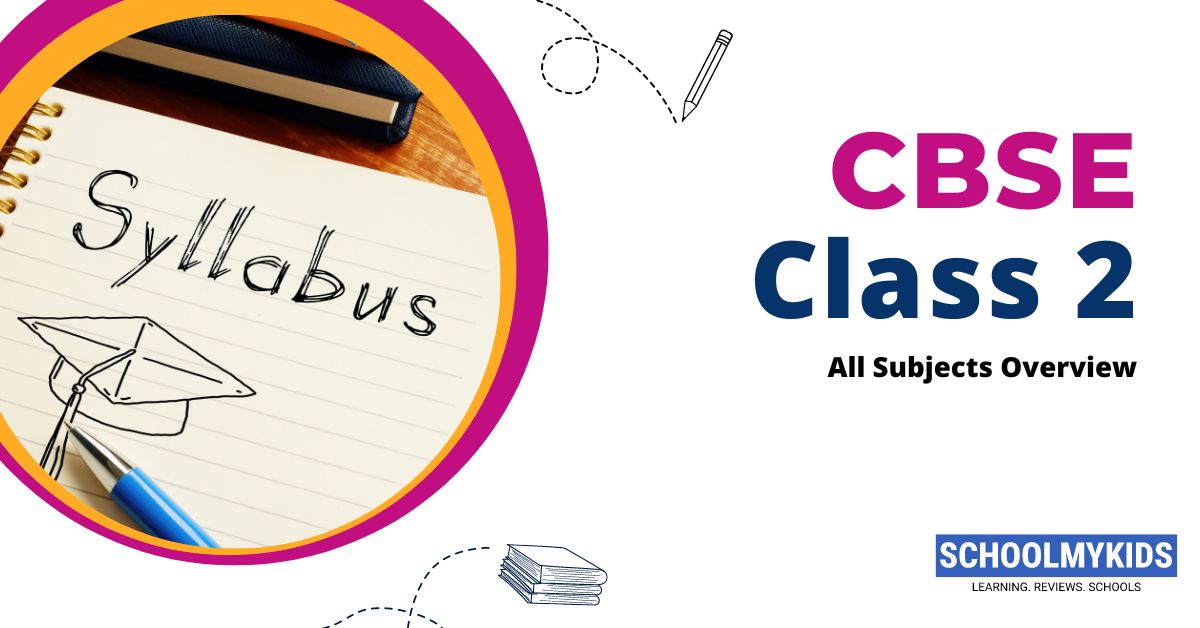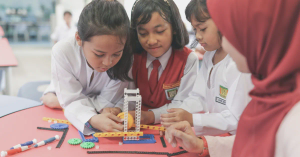Imagine a life for students living in the digital age! They spent years meticulously climbing the academic ladder, diligently mastering a textbook curriculum. Armed with this theoretical knowledge, they step into the professional arena, only to find the landscape vastly different from what they envisioned. This scenario, unfortunately, is a reality for many graduates entering the ever-evolving job market of the 21st century.
The truth is that the traditional syllabus, while valuable, often falls short of equipping students with the skills demanded by today’s dynamic workplaces. But fear not—this isn’t a cause for panic but rather an opportunity for students to embrace a new era of skill development.
Let’s talk about the specific skills that will allow students to thrive in this new era, navigate the anxieties associated with the conventional syllabus, and the pandemic’s impact on this skill shift.
Beyond the Textbook: The Skills Imperative
The jobs of tomorrow will not just require rote memorization; they’ll demand critical thinking, problem-solving, and the ability to adapt to constant change. Here are some key skills that will be paramount:
- Digital Literacy: Technology is an undeniable force in the workplace. Therefore, digital tools, data analysis, and cybersecurity proficiency will be essential for the information age.
- Communication and Collaboration: Students must know how to communicate their ideas verbally and in writing. It is important for teamwork and building strong professional relationships.
- Creativity and Innovation: Thinking differently and developing innovative solutions will be key differentiators in a competitive landscape.
- Lifelong Learning: The knowledge explosion makes continuous learning a necessity. Students must cultivate the ability to learn independently and adapt to new technologies and trends.
- Social and Emotional Intelligence: Empathy, self-awareness, and the ability to manage interpersonal relationships effectively are vital for navigating complex work environments.
The Conventional Syllabus: A Friend or Foe?
The traditional syllabus serves a purpose: providing a foundational knowledge base. However, its limitations lie in its rigidity. Here’s how it can sometimes create anxieties for students:
- Focus on Content Over Skills: Curriculums often prioritize content memorization over practical application of knowledge. This can leave students feeling unprepared for real-world scenarios.
- Limited Scope and Lack of Relevance: The syllabus may not fully cover the dynamic needs of the job market. It may leave students questioning its practical application.
- Standardized Learning Doesn’t Fit All: A one-size-fits-all approach overlooks individual learning styles and passions, potentially stunting student engagement.
The Pandemic Effect
The global pandemic has undeniably accelerated the need for a skills-based approach to education. Here’s how it’s impacting the future of skill development:
- Shift to Online Learning: The rise of e-learning platforms and remote work environments necessitates digital literacy and independent learning skills.
- Increased Automation: As automation continues to reshape industries, critical thinking and problem-solving skills become even more crucial.
- Focus on Soft Skills: Effective communication and collaboration have become paramount in virtual workspaces.
How Can Students Embrace a Holistic Approach?
Students need to learn how to balance knowledge addition and skill development. Here’s how students can move forward:
- Integrating Skills into Curriculums: Educational institutions can try to bridge the gap by incorporating practical application and project-based learning into the syllabus.
- Encouraging Personalized Learning: Catering to individual learning styles and fostering student curiosity can lead to deeper engagement.
- Industry Collaborations: Business partnerships can expose students to real-world scenarios and desired skill sets.
- Lifelong Learning Opportunities: Encouraging a culture of continuous learning allows graduates to adapt and evolve throughout their careers.
Conclusion
The future of work may seem daunting, but with the right skill set, students can go through this dynamic landscape with confidence. By embracing a holistic approach to education, empowering students with transferable 21st-century skills, and acknowledging the limitations of the traditional syllabus, we can equip the next generation to survive and succeed in the exciting world of work that awaits them.







